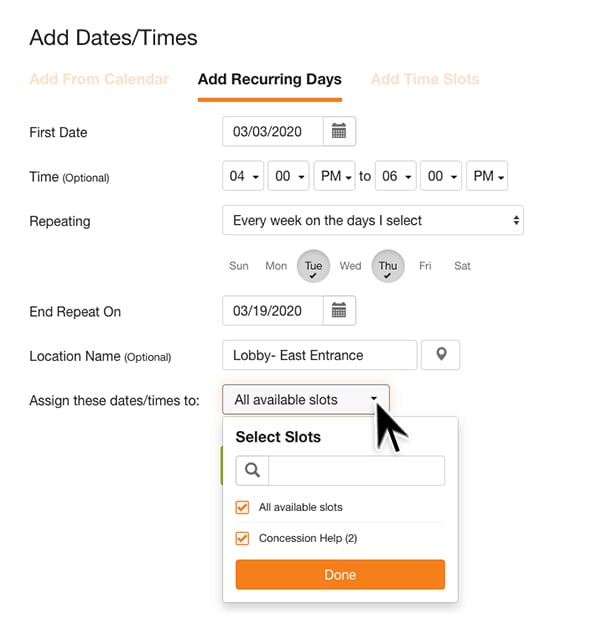- Past Perfect Continuous Tense. He/She/It had been slotting. I had been slotting. You/We/They had been slotting. Simple Future Tense. He/She/It will/shall slot. I will/shall slot. You/We/They will/shall slot. Future Continuous Tense.
- The idea behind the double-slit experiment is that even if the photons are sent through the slits one at a time, there's still a wave present to produce the interference pattern.
- Slot: noun a narrow opening or groove: slit, notch. A narrow passage or enclosure. A passage through the wing of an airplane or of a missile that is located usually near the leading edge and formed between a main and an auxiliary airfoil for improving flow conditions over the wing so as to increase lift and delay stalling of the wing.
Give Past Simple, Simple Past Tense of Give Past Participle, V1 V2 V3 Form Of Give Give means: freely transfer the possession of something to someone V1 V2 V3 Form of Give V1 V2 V3 Give Gave Given Synonym Words For GIVE deed dispense endow entrust furnish gift bequeath bestow cede confer consign convey accord allow award commit deliver donate grant hand out hand over permit present provide.
 In contrast to regular verbs, irregular verbs are those verbs that fall outside the standard patterns of conjugation in the languages in which they occur.The idea of an irregular verb is important in second language acquisition, where the verb paradigms of a foreign language are learned systematically, andexceptions listed and carefully noted. Thus for example a school French textbook may have a section at the back listing the French irregular verbs in tables.Irregular verbs are often the most commonly used verbs in the language.In linguistic analysis,
In contrast to regular verbs, irregular verbs are those verbs that fall outside the standard patterns of conjugation in the languages in which they occur.The idea of an irregular verb is important in second language acquisition, where the verb paradigms of a foreign language are learned systematically, andexceptions listed and carefully noted. Thus for example a school French textbook may have a section at the back listing the French irregular verbs in tables.Irregular verbs are often the most commonly used verbs in the language.In linguistic analysis, the concept of an irregular verb is most likely to be used in psycholinguistics, and in first-language acquisition studies, where theaim is to establish how the human brain processes its native language. One debate among 20th-century linguists revolved around the question of whether smallchildren learn all verb forms as separate pieces of vocabulary or whether they deduce forms by the application of rules. Since a child can hear a regularverb for the first time and immediately reuse it correctly in a different tense which he or she has never heard, it is clear that the brain does work withrules, but irregular verbs must be processed differently.Historical linguists rarely use the category irregular verb. Since most irregularities can be explained historically, these verbs are only irregular whenviewed synchronically, not when seen in their historical context.When languages are being compared informally, one of the few quantitative statistics which are sometimes cited is the number of irregular verbs. These countsare not particularly accurate for a wide variety of reasons, and academic linguists are reluctant to cite them. But it does seem that some languages have agreater tolerance for paradigm irregularity than others.
Below you will find our complete list of printable irregular verbs worksheets. Lists are arranged in several different formats so that you can use the one that best suits your needs.Irregular verbs are difficult to understand, because they do not follow normal verb tense rules. Therefore, it is necessary to memorize them individually.It is also very helpful to understand the Simple, Participle, and Perfect aspects of the past, present, and future tense.
Irregular Verbs Lists

List of Irregular Verbs Arranged in Alphabetical Order.
List of Irregular Verbs Arranged byPronunciation Change.
List of Irregular Verbs with Endings that Never Change due to Tense. Verbs in thisList Always Stay the Same No Matter What.
Irregular Verbs That Change Worksheets
Irregular Verbs that Stay the Same Worksheets

